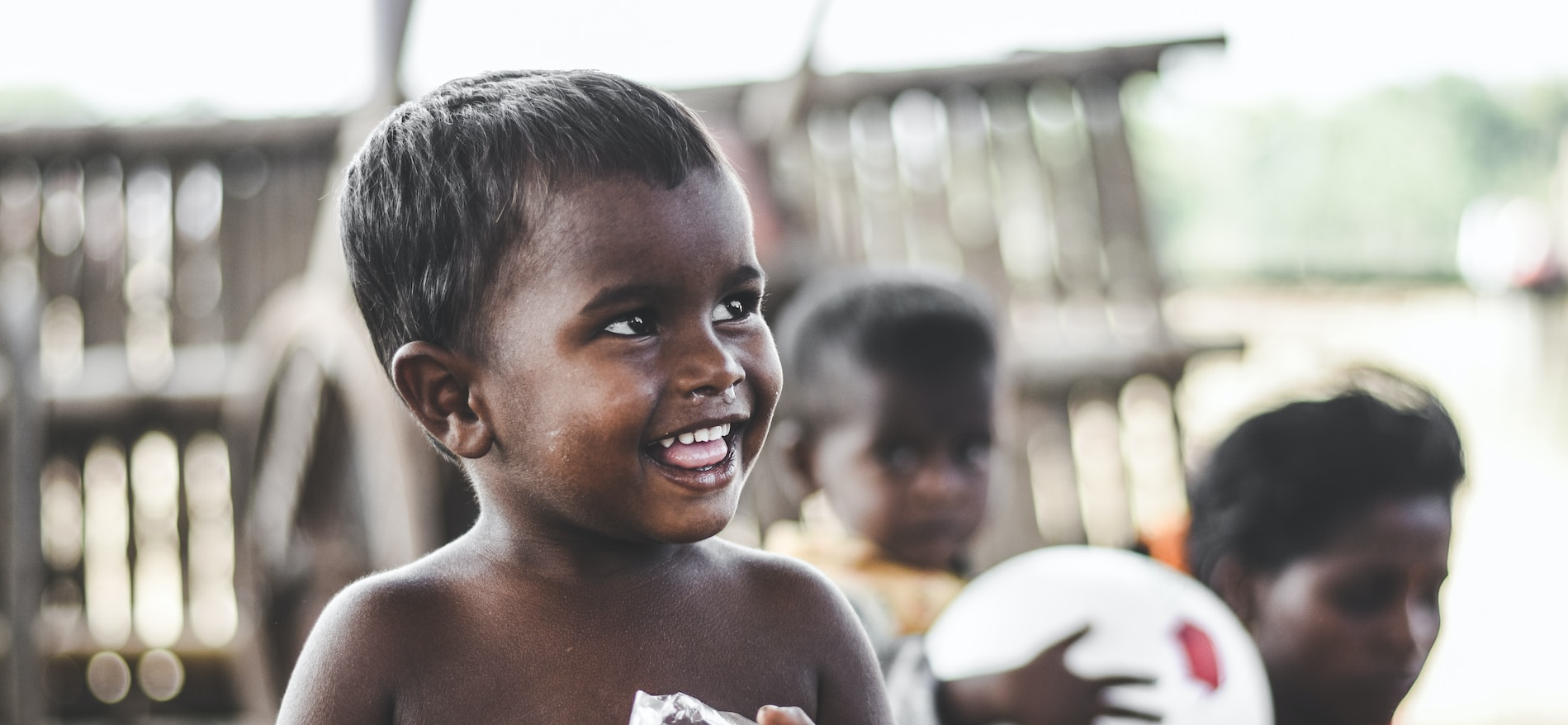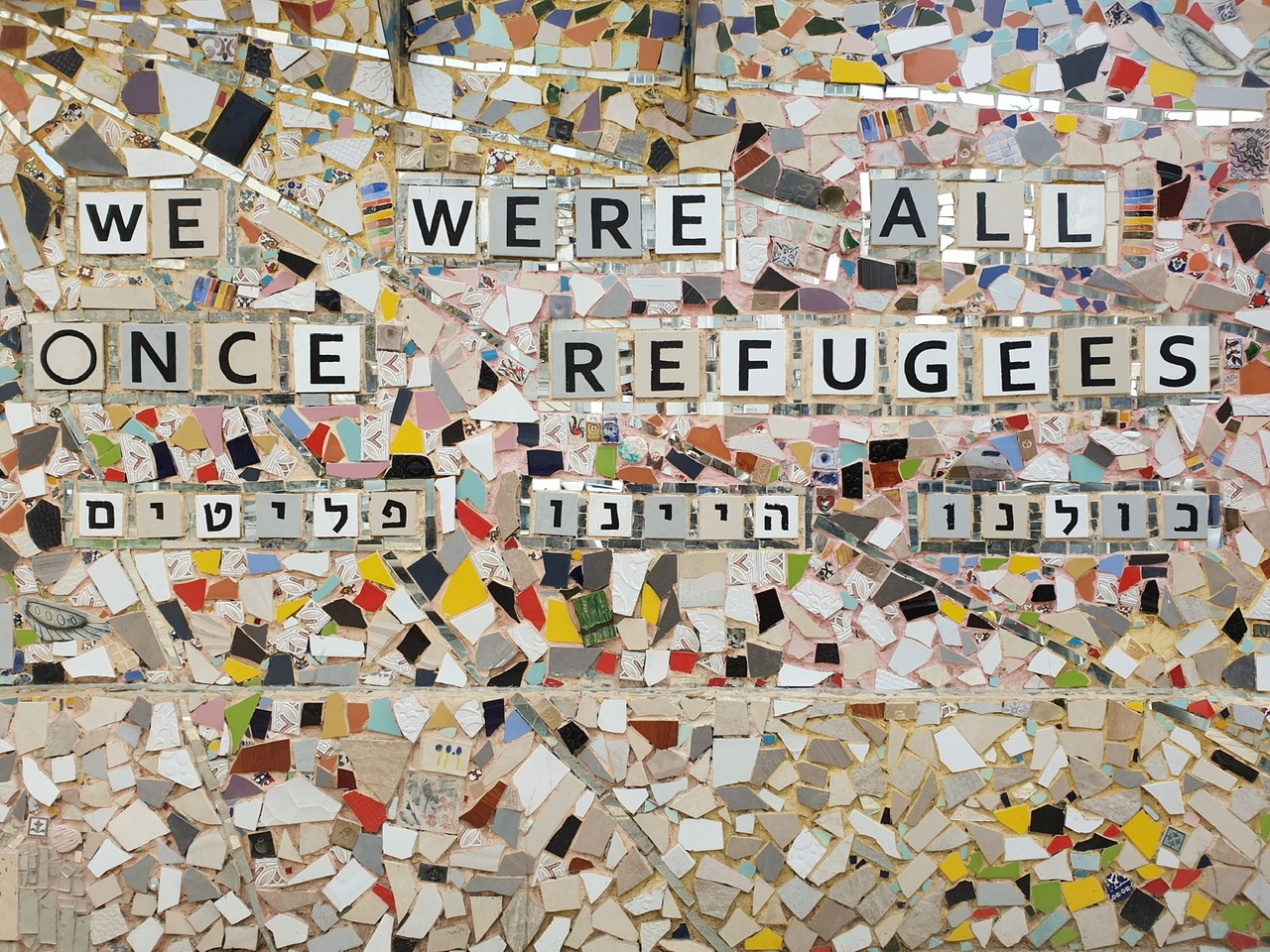Children Are the Future
The world has little time to halt the urgent dangers of climate change. Extreme weather effects are devastating lives and livelihoods worldwide, especially in developing economies that are at high risk. The impacts of climate change have been especially disproportionate on the children of the world, whose vulnerability puts them at the crosshairs of climate-related crises and disasters.
Children are exposed to many dangers that not only reshape their present but also their future. In this, it is not the immediate child that suffers, but also the community, the economy and thus the world.
Many Dangers of Climate Change
Climate change has set in motion a vicious cycle of disruptions for the children of the world. Although global leaders have been working to close poverty and basic access gaps for children, these efforts were severely impacted by economic shocks related to the COVID-19 crisis and the Russia-Ukraine war. Amid all these, the destructive effects of climate change did not slow down.
Climate change devastations such as floods, extreme heat, droughts, and other extreme weather patterns decrease the availability of necessities such as water, food, and shelter—not to mention the damage to communities and livelihoods. All these have a disproportionate impact on a child’s wellbeing, leading to a series of cascading effects that drive inequalities, including malnutrition, mental health problems, school absenteeism, early marriage and poor sanitation conditions.
Economies Also Impacted
Climate-affected children and their families fall into a vicious cycle of poverty, which leads to fewer opportunities for socioeconomic growth for them. This also has subsequent impacts on the community where the incidence of crime and violence increases dramatically. It has often been observed that the degradation of a society begins when its youth receive limited to no access to basic education and job opportunities.
Inequality has likewise been exacerbated by the climate crisis. If left unchecked, it can make addressing climate change even more challenging. Growing inequality will present serious difficulties for climate advocates, governments, and civil society in cutting emissions, safeguarding ecosystems and mitigating the risk of rising temperatures, especially among poorer nations where resources are extremely lean and climate financing is not amply incentivized.
Start Now
Indifference to the call to address climate change will be a costly mistake, but it is fortunately preventable. It is time for businesses and world leaders to focus their strengths and resources on developing climate-favorable policies and programs centered around child welfare and environmental protection.
The most important action the global community can take to minimize the long-term impacts of climate change on children is to reduce greenhouse gas emissions and pollution. This will help mitigate the effects of global warming and protect the ecosystem which children depend on.
The key areas of action that the global community can take now are:
- Invest in climate-smart social services such as healthcare infrastructure; access to water, sanitation and hygiene; and climate-resilient education systems. Efforts should also focus on curating inclusive food environments, encouraging green parenting, and fostering early childhood brain development.
- Develop climate-responsive policies, social protection systems and child protection systems. Policymakers should ensure that children’s rights and needs are included in national plans and policies. Design and implement robust social protection systems that safeguard the rights of climate-hit children.
- Invest in early warning systems to prepare for and mitigate the impact of extreme weather disturbances and other potential calamities. Early warning systems play a crucial role in protecting children and their families from the impact of natural hazards like typhoons and floods. By providing advance notice to communities, these systems allow them to prepare and evacuate if necessary.
Taking these actions will not only increase the likelihood that children will be resilient in the short term, but also establish the groundwork for combating the effects of climate change for the benefit of future generations.
Photo Caption: Children are the most vulnerable with climate change.



